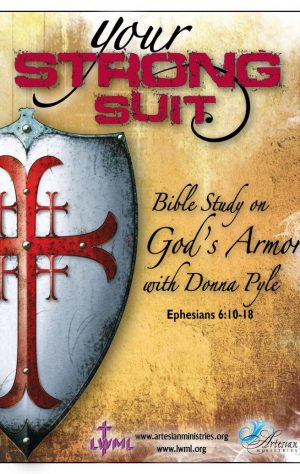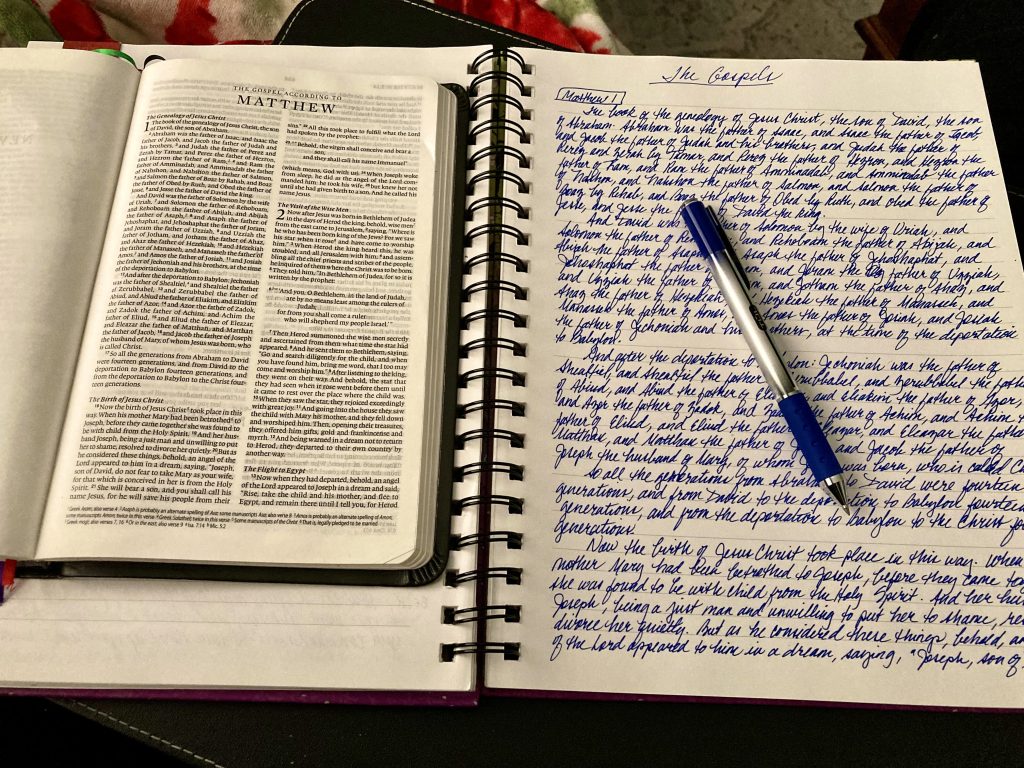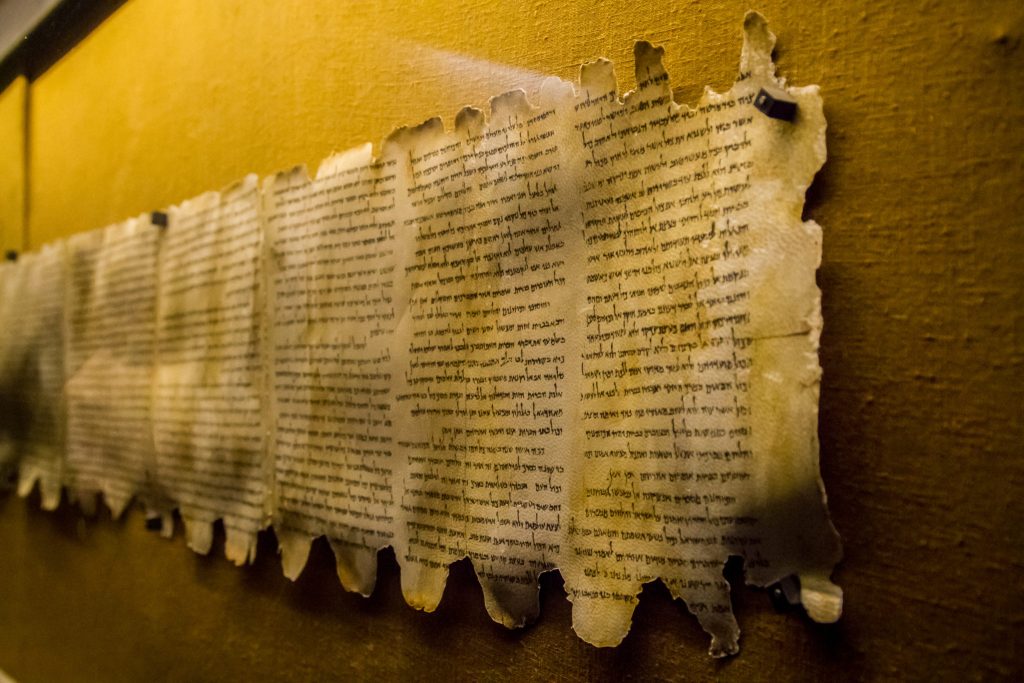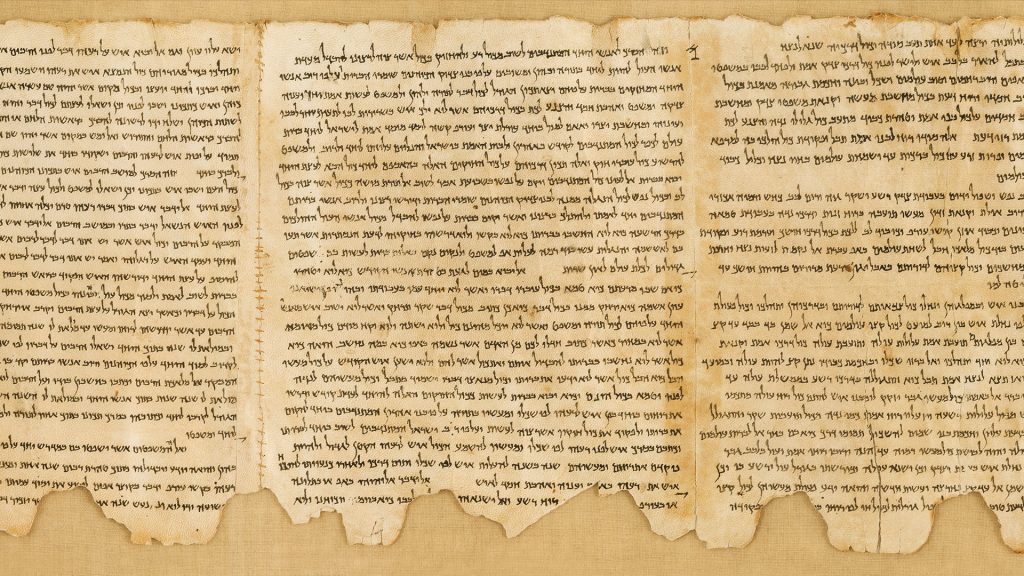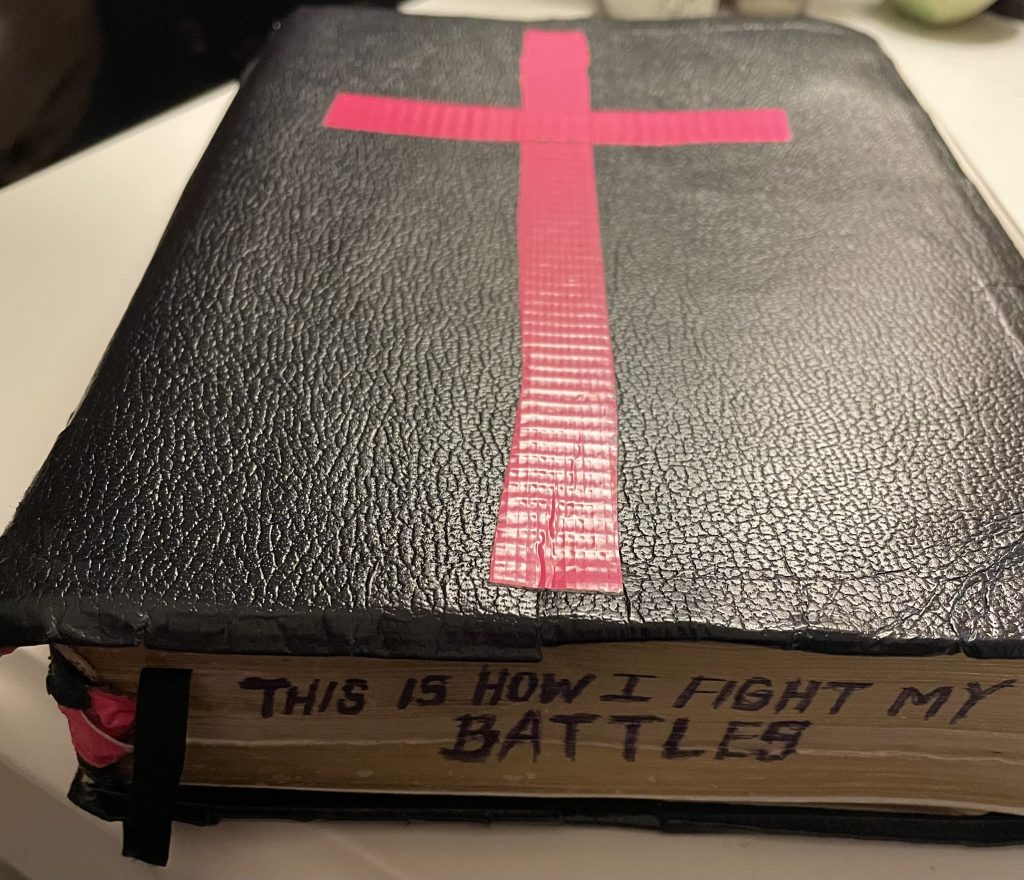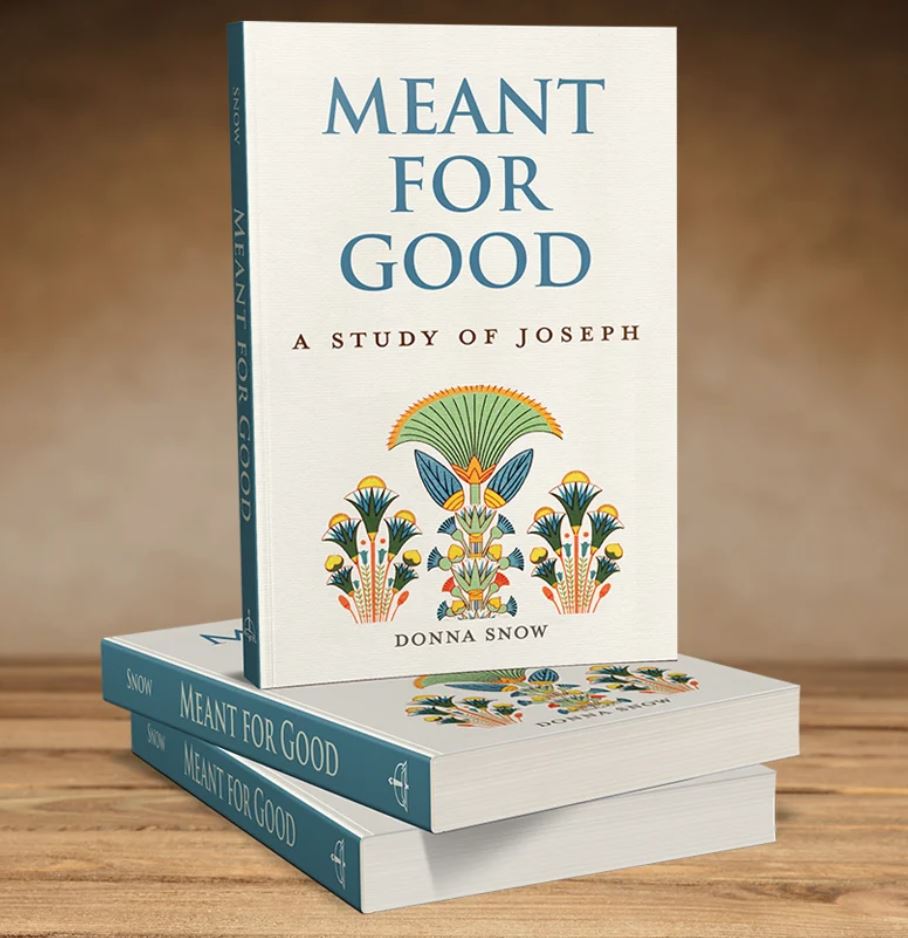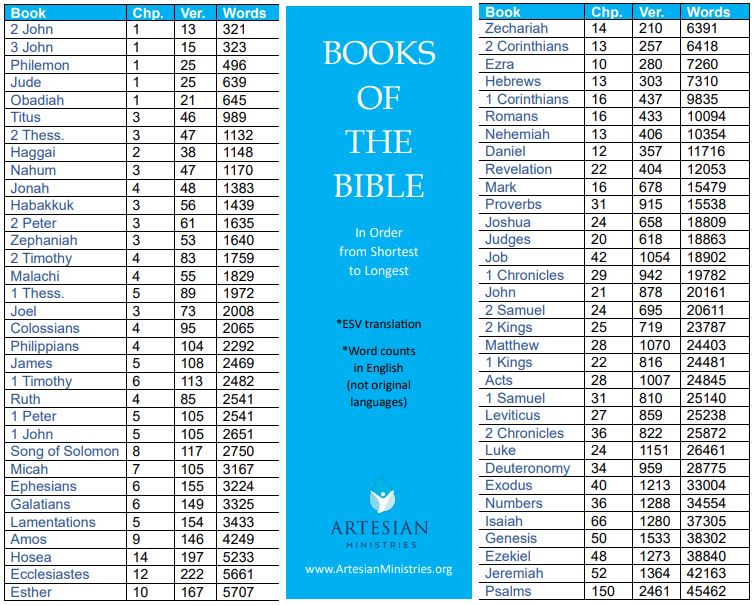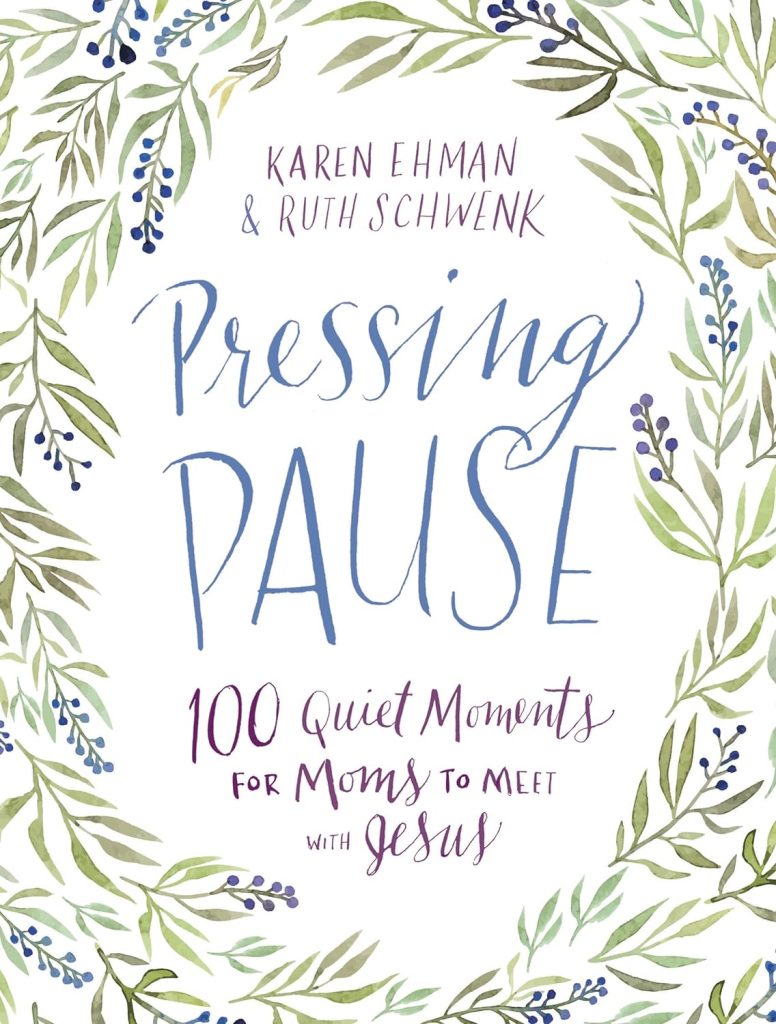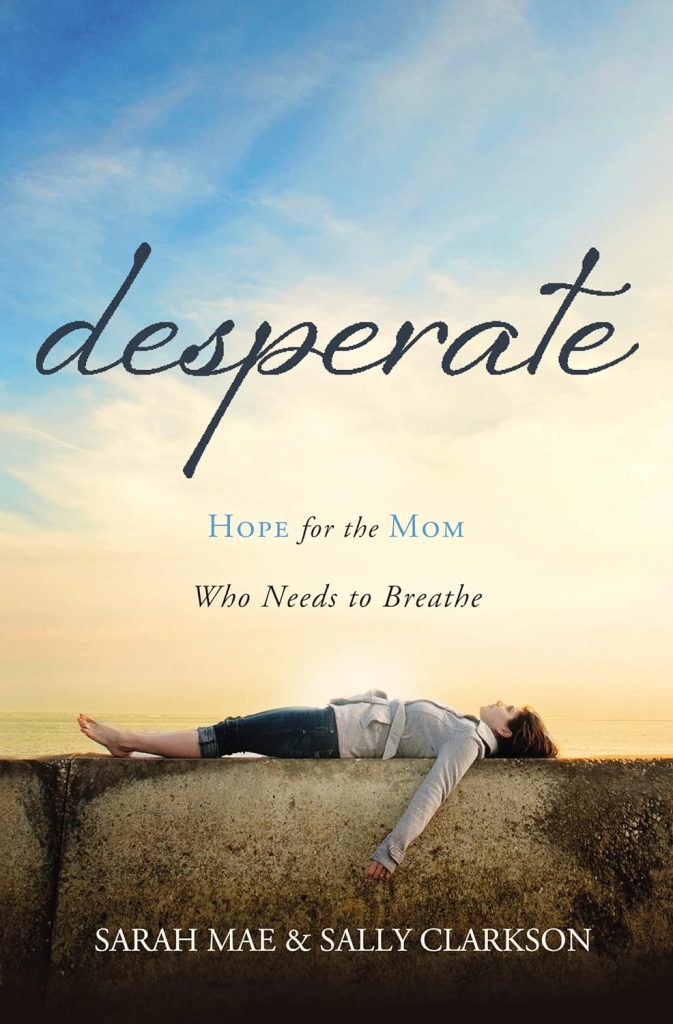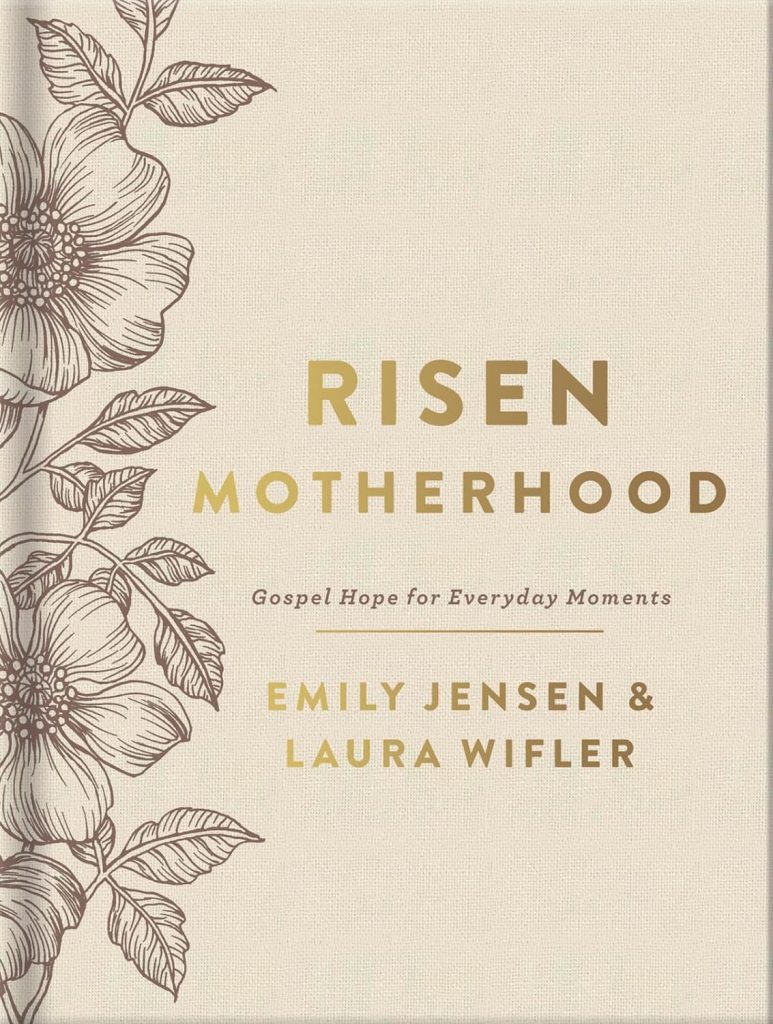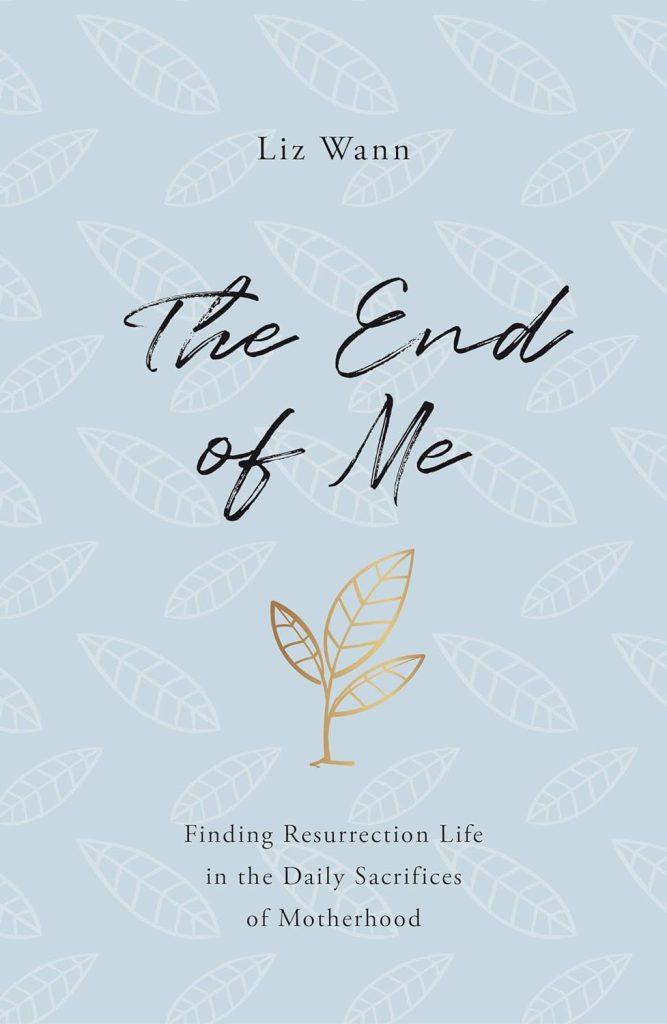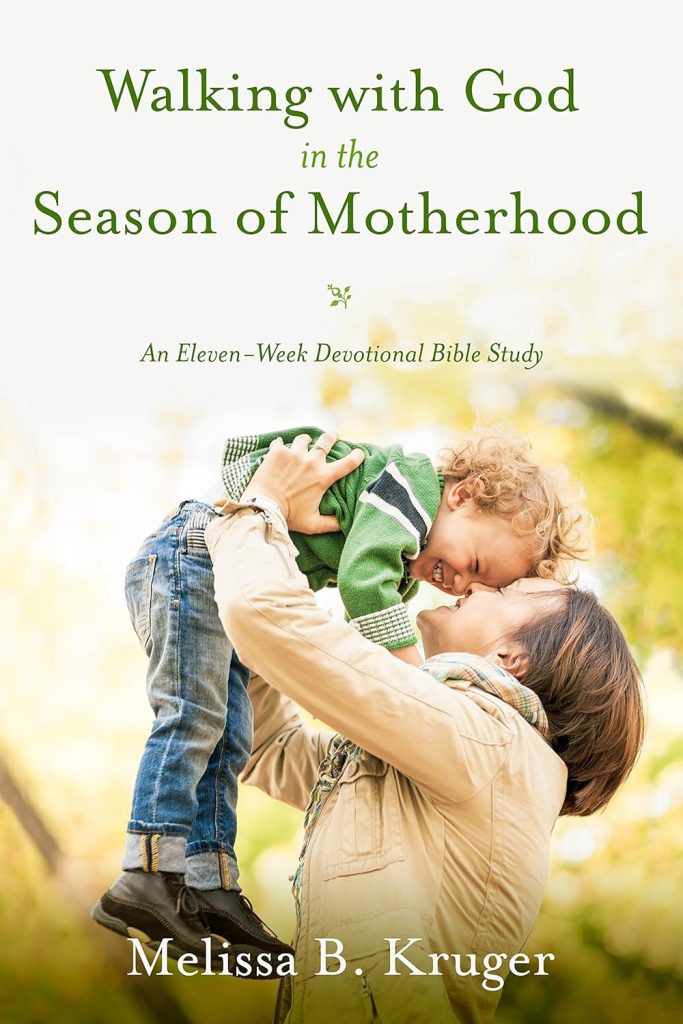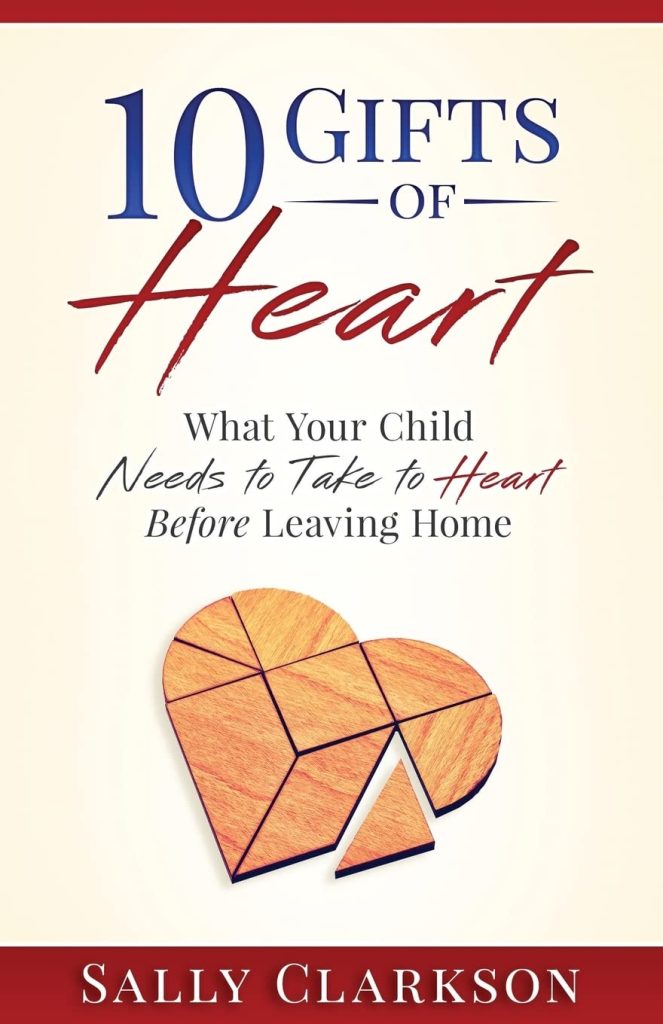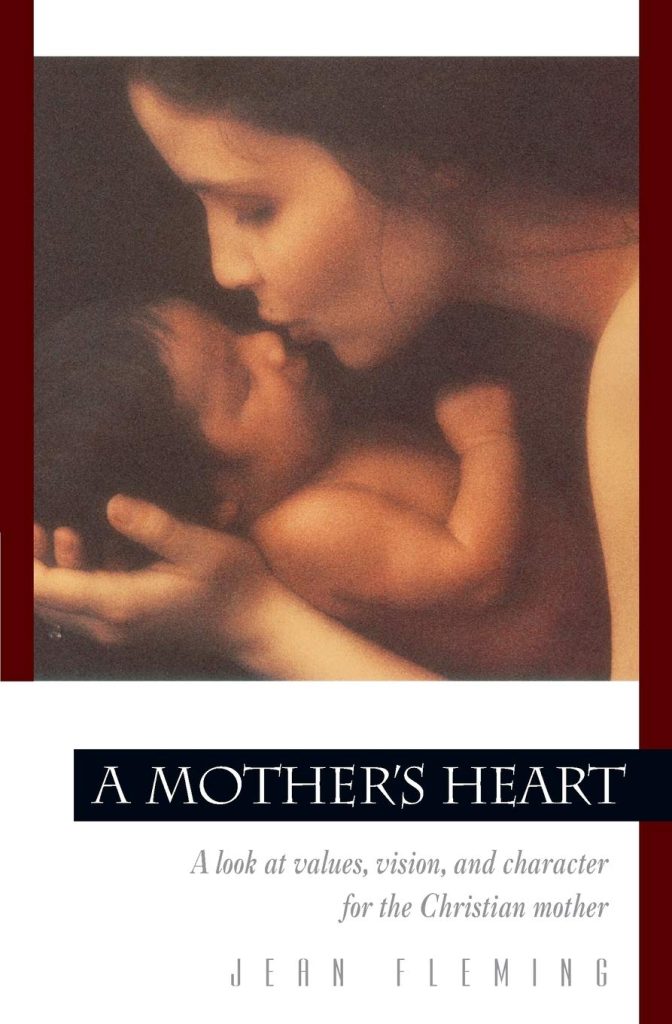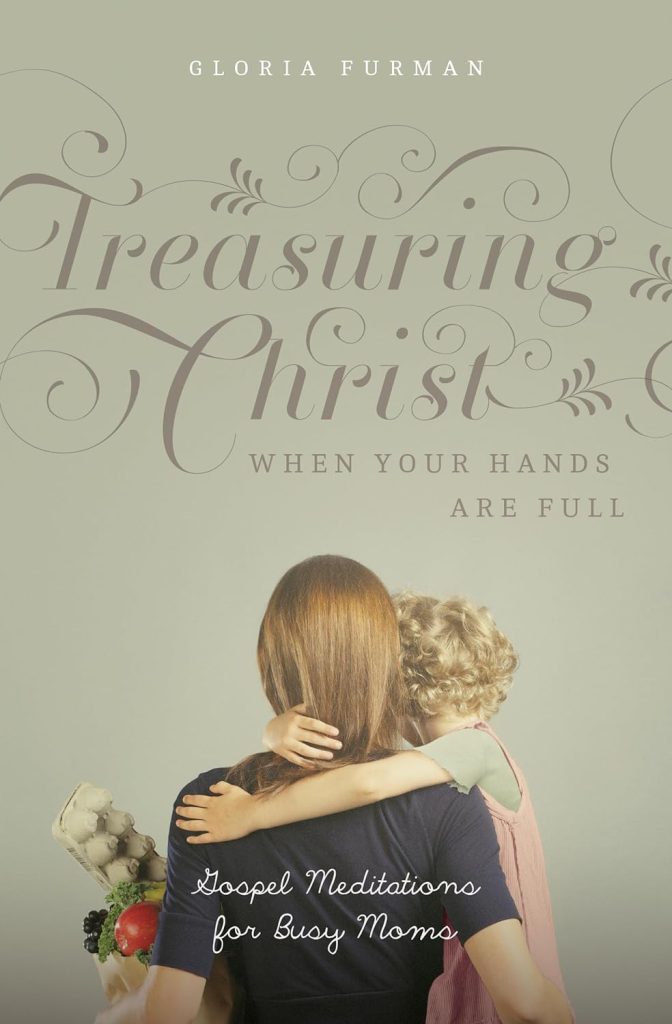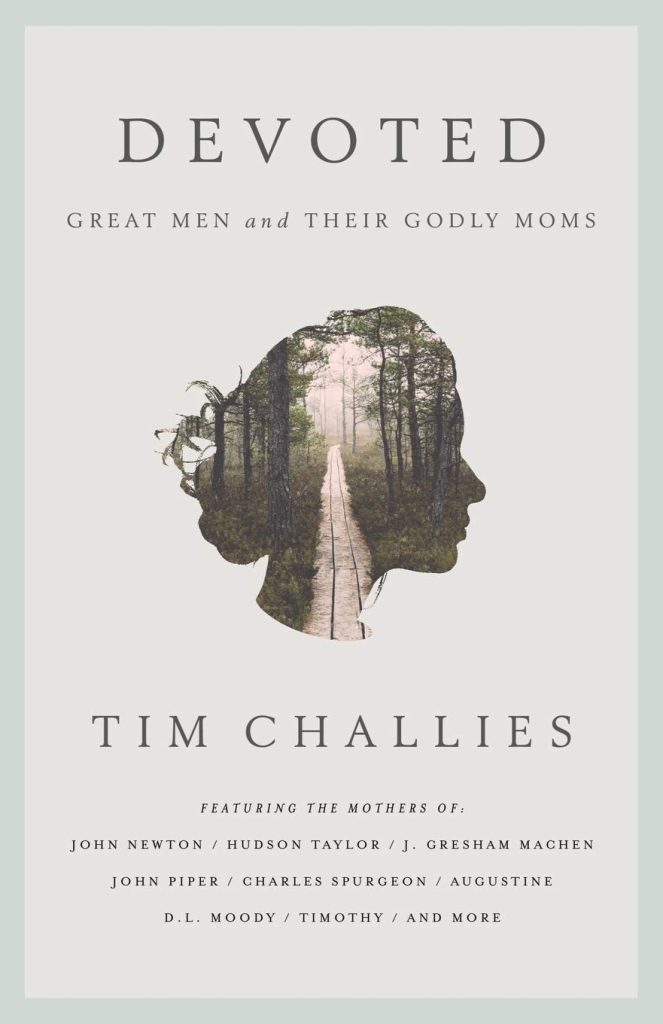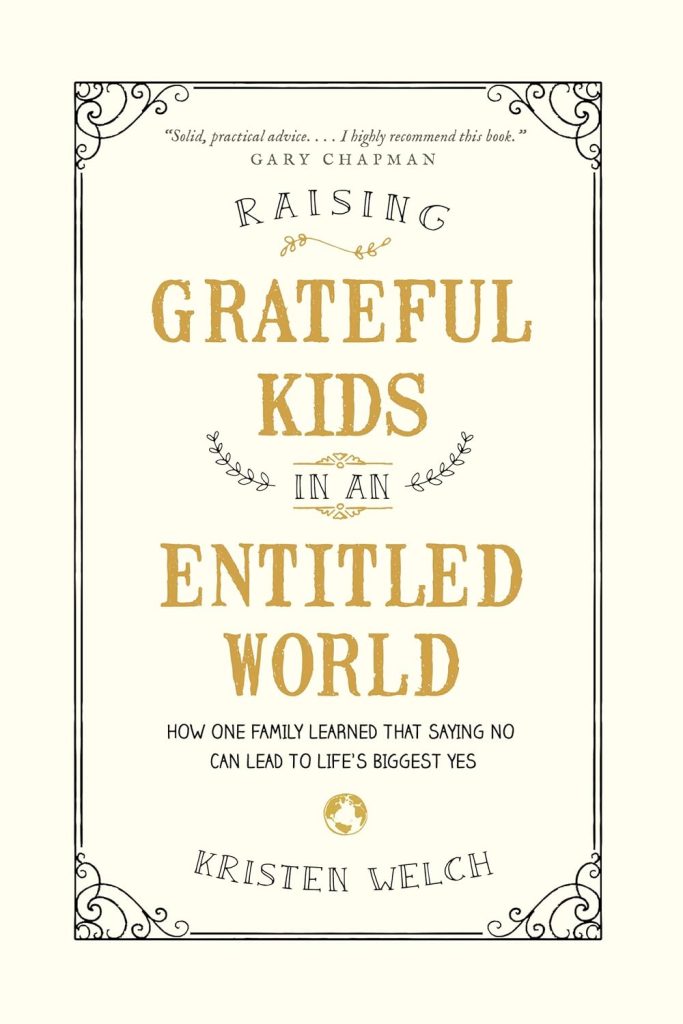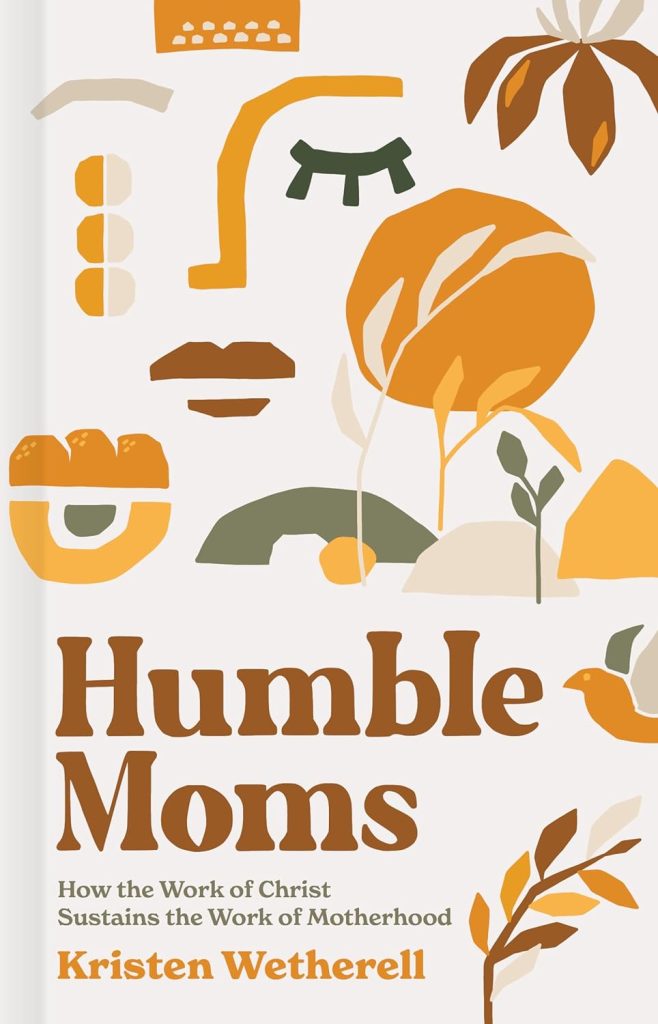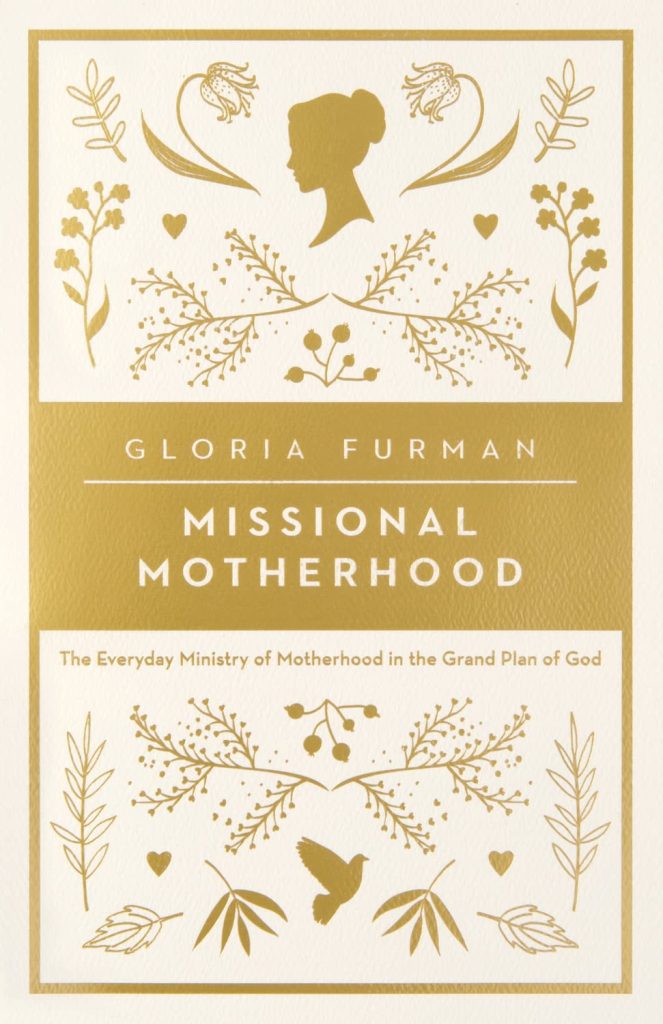Jesus believed money was significant. Other than the kingdom of God, He talked about it more often than almost any other topic. When your financial situation is out of control, you need to pray for financial breakthrough.
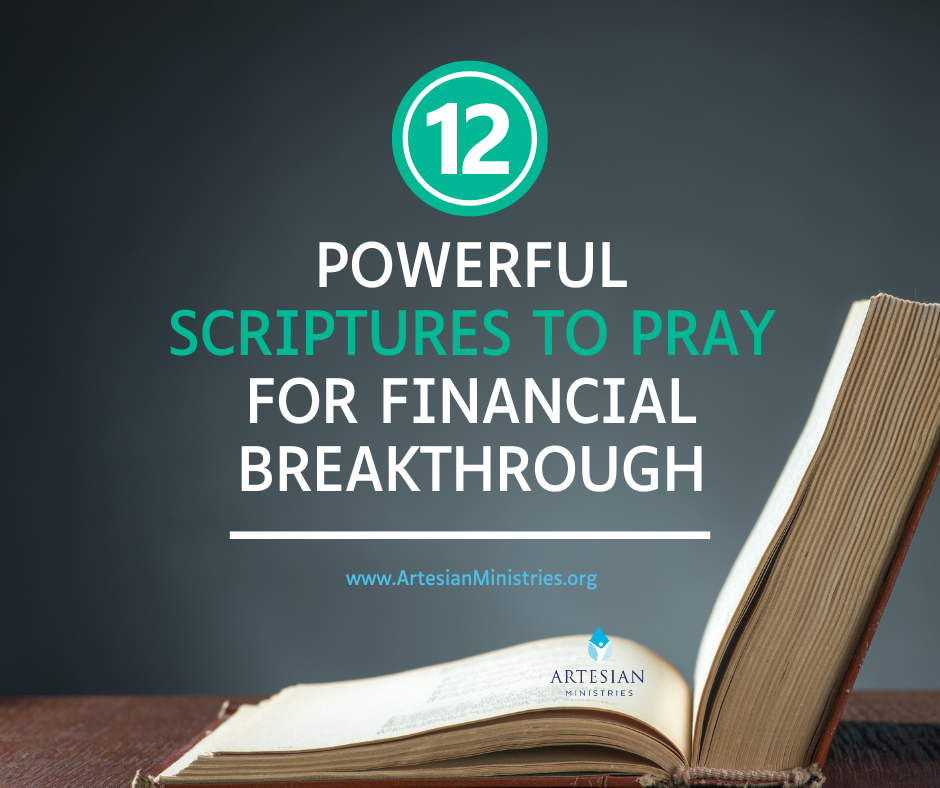
Knowing what Jesus has to say about money can help shape how you view and spend money.
These 12 Bible passages (one per month for a year) are paired with confession, prayers, and action items that specifically focus on finances. They will help you become a good steward of the resources that God provides.
I have experienced horrible debt and financial crises. I fully understand the heavy emotional, mental, and spiritual burden of carrying several thousands of dollars of debt for years. But there is hope, so it’s a good thing you are here.
After years of hard work and a steep learning curve, I am completely debt-free and financially stable. These prayers and Bible verses helped me say goodbye to financial debt for good. Let’s go.
Powerful Bible Verses for Financial Breakthrough
Understanding what Scripture says about your financial life is key. We will focus on one Bible verse at a time. Each is paired with confession, powerful prayers and action items so that you can pray with confidence.
I was horrible at managing my money which caused many difficult times. Perhaps that is your situation, as well.
God needed to shift my priorities and give me a strong faith to make it through. Since struggling increases the muscles of our faith, God wants you to learn something new to become stronger in that area.

1. Ask, Seek & Knock
Bible Verse: “Ask, and it will be given to you; seek, and you will find; knock, and it will be opened to you” (Matthew 7:7, ESV).
The first and most important thing to know is that God’s promises never fail. He plainly says to ask Him, seek Him, and knock on the door of our God of abundance.
Confession: Dear Heavenly Father, you are the Lord Almighty who can open the floodgates of heaven. I confess that my finances are a mess. I have not been diligent to ask You and seek Your wisdom regarding my financial difficulties. Forgive me, dear Lord, and send help the Holy Spirit in my time of need.
Prayer for Blessing: Dear God, I am so weary of dealing with financial struggles. I am asking, seeking, and knocking on the windows of heaven for Your divine intervention. Guide me to a solid budgeting plan and give me Your strength to carefully follow it through my financial challenges. Show me, gracious Lord, where waste can be cut. and where my thinking needs to be adjusted to understand how to make wise financial decisions. In Jesus’ mighty name, Amen.
Action Item: Seek a proven method or professional advisor for managing your finances. At the suggestion of a godly friend, I decided to order Dave Ramsey’s Total Money Makeover Workbook. I can tell you from first-hand experience, this works. As long as you stick to it, with God’s help you will start to experience financial freedom.

2. God Supplies Your Every Need
Bible Verse: “And my God will supply every need of yours according to His riches in glory in Christ Jesus” (Philippians 4:19, ESV).
There’s a huge difference between saying a prayer and praying. Going through the motions of following a budget will not stand the test of time if wise decisions regarding budgeting do not become a daily habit. God blesses the work of your hands when your good work regarding financial affairs is surrendered to His will.
Confession: Heavenly Father, I confess that some days I do not have the energy to even think about my financial troubles. In this hard battle with my financial burdens, my heart is sometimes not in the right place to surrender control. Forgive me, Lord.
Prayer: O Lord, You promise in Your Word that You will supply all of my needs according to Your riches in glory. I am in desperate need of Your intervention regarding my financial situation. Only You can bring about a financial miracle to provide for my daily needs. I trust You to guide me through this financial crisis. In Jesus’ name, Amen.
Action Item: If you don’t pray each day, set aside 2 minutes each day to pray to your faithful Father. That two minutes may seem like an eternity. After your prayer habit forms, two minutes goes by like lightening. Simply start by thanking Him for supplying for your every need. Keeping a journal is a bonus.

Most Powerful Prayers for Financial Breakthrough
Financial security comes when you trust God to be your ultimate financial advisor. Over time, He develops a heavenly mindset when it comes to handling your financial resources.
3. Lead Me Not Into Temptation
Bible Verse: “And lead us not into temptation, but deliver us from evil” (Matthew 6:13, ESV).
This is one of the most powerful prayers you can say when it comes to your financial needs. Temptation and money go hand in hand. The devil’s lie that worldly wealth is the most important goal in life is the root of all kinds of evil.
Confession: O God, I confess that I have been tempted by a love of money. Influenced by the world and social media, I have misunderstood the purpose of your financial blessings. I have believed the lie that I never have enough money when the truth is that I am a wasteful spender. I am drowning in a mountain of debt. Forgive me, Almighty God. I need a wake-up call.
Prayer: Dear Father, I pray that You teach me that abundant prosperity begins with a right relationship with You. Thank you for covering my sin with the blood of Jesus. Strengthen my heart and mind against the devil’s schemes and provide Your divine power to overcome every temptation. Only Your power and wisdom can bring the financial breakthrough that I desperately need. I trust You to show me the way in the name of Jesus, Amen.
Action Item: Anytime that you feel tempted to stray outside of your budget, stop and say a prayer for God to intervene. Cut up your credit cards if you cannot pay them off completely every month. Keep praying until the temptation flees and thank God for another victory!

4. God Gives Graciously
Bible Verse: “You shall remember the Lord your God, for it is He who gives you power to get wealth, that He may confirm His covenant that He swore to your fathers, as it is this day” (Deuteronomy 8:18, ESV).
Scripture says that the blessing of the Lord makes a man rich and adds no sorrow to it. Many different definitions can be applied to the word “rich,” including spiritual, health, and financial status. However, all of it comes from only one power source: the Lord.
Confession: Lord God, some days I feel overwhelmed by financial hardship. When another bill arrives and my bank balance shows zero, I confess that it is hard to remain hopeful. Forgive me for my lack of faith. Father, replace my lack of faith with complete trust in Your good measure of blessing.
Prayer: Holy Father, in a world where the rich rule, teach me Your definition of wealth. I need a financial miracle to get out of this hole of debt. That miracle power only comes from You. Give me the daily bread and proper skills I need to manage money well. In Jesus’ name, Amen.
Action Item: One of the biggest blessings during my journey toward financial responsibility was keeping a gratitude journal. Each time God brings you a victory – no matter how big or small – along your journey, log it in your journal. On those tough days, it’s encouraging to re-read them.

Bible Verses for Prayer for Financial Help
Financial stability means more than releasing control of your bank account to Jesus Christ. When I exhausted myself with one failed plan after another, giving God my finances was a huge relief.
5. No One Can Serve Two Masters
Bible Verse: “No one can serve two masters, for either he will hate the one and love the other, or he will be devoted to the one and despise the other. You cannot serve God and money” (Matthew 6:24, ESV).
God is clear in this verse that you have to decide who you will serve. Money is a self-centered, cold master. God sacrificed His one and only Son to give you the hope of eternal life. There’s no competition for who to love and serve first.
Confession: Father, I confess that I have often elevated a love of money over my love for You. Forgive me, Lord. Thank you for covering me Your divine grace and love even then.
Prayer: Lord of Hosts, there is none above You! You desire that all of Your children, including me, prosper spiritually above materially. Lack and poverty are weapons of the devil, but You supply my every need. Even when I struggle through this season, please remind me of Your perfect provision every single day. In Jesus’ name, Amen.
Action Item: Get a blank notebook. Take time to search through Scripture to find and write down every instance where God promises to provide for you. You will be amazed by how He completely cares for you.

6. God’s Tests
Bible Verse: Then the Lord said to Moses, “Behold, I am about to rain bread from heaven for you, and the people shall go out and gather a day’s portion every day, that I may test them, whether they will walk in my law or not” (Exodus 16:4, ESV).
When I finally released my vice-like grip over my finances, God transferred that huge weight off of my shoulders and onto His. I no longer felt alone in the process. When you experience that moment, you will never forget it.
Yet God still tested me along the way to reveal what I had learned – not to cause me to fail, but to see where I still needed His strength to improve.
Confession: Father, I confess my impatience. Some days, I just want You to instantaneously zero my credit card balances and increase my bank balance. Yet in your wisdom, You know that I still have so much to learn about fiscal responsibility. Forgive me, Lord, when I get impatient with Your tests. Give me the eyes to see that Your timing is perfect.
Prayer: Gracious Father, as You rained bread from heaven over Your children in the wilderness, rain financial blessing and wisdom over me in my current desert season. Open my mind to learn from Your tests. Open my hands to receive abundant financial blessings from You. In Jesus’ name, Amen.
Action Item: It is normal to feel overwhelmed during financial struggles or while digging out of debt. Set small budget goals each week as encouragement boosters. Write them down! A good goal is to eat at home for every meal during one whole week. When you meet each goal, it will spur you on to achieve another.

Good Bible Verses About Money
When it comes to money, the posture of your heart matters. Simply put, what your heart desires is what you chase. So it is critical to discern what you believe to be your greatest treasure.
7. Your Heart Follows Your Treasure
Bible verse: “Fear not, little flock, for it is your Father’s good pleasure to give you the kingdom. Sell your possessions, and give to the needy. Provide yourselves with moneybags that do not grow old, with a treasure in the heavens that does not fail, where no thief approaches and no moth destroys. For where your treasure is, there will your heart be also” (Luke 12:32-34, ESV).
This is probably the best Bible verse of all about money because of its clarity. If you, like I once did, treasure possessions more than the Lord, this verse clearly reveals that as a bad choice.
The treasures of this world, including money, do not last. Jesus Christ is the only treasure that matters. Entrusting our money decisions to Him brings sure victory.
Confession: Dear Lord, I confess that I treasure the things of this world. I have elevated possessions above Your wisdom so my finances are in shambles. You delight in blessing me, yet I have squandered and mismanaged those blessings. Lord, forgive me. Teach me to treasure You above all.
Prayer: Jesus, deliver me from divided loyalty. I pray that You turn my heart to embrace You as my true treasure. Fill my cup to overflowing. I need Your good gifts in full measure today. You alone are my treasure and portion. I trust You completely.
Action Item: In your home, you likely have more clothes and possessions than you need. Spend half an hour one evening going through your closet to gather clothes you have not worn in a long time or will never wear again. Donate that bag(s) of clothes to your local shelter. Your abundance will be someone else’s blessing. Then thank God for that abundance and His generosity.

8. Guard Against Greed
Bible Verse: Then he said, “Beware! Guard against every kind of greed. Life is not measured by how much you own” (Luke 12:15, NLT).
This verse does not mince words. The saying that “the one who dies with the most toys wins” is not God’s measure of success. Being good stewards of the monetary blessings God provides truly honors the Giver.
Confession: Lord, I confess that I know far more brand labels than I know the words of the Lord Jesus. I confess that I fear not fitting in more than I fear the Lord. Forgive me, Lord. Draw my heart back to You.
Prayer: Father, I long to measure my life in spiritual faithfulness rather than monetary foolishness. Anytime that greed rears its ugly head, choke it out! Continue teaching me Your wisdom to end my financial struggles and become a good steward of Your good gifts. In Jesus’ name, Amen.
Action Item: If you have an overabundance of possessions, think of one large ticket item that you no longer use or own more than one. Then give that item with no strings attached to someone you know who truly needs it. It could be furniture, lawn equipment, a bicycle, or even an extra set of dishes.

What to Read in the Bible When Struggling Financially
Praying for a financial breakthrough requires diligence. God’s financial blessings contain corresponding responsibilities. For example, God instructs us to bring our first fruits, tithes, and offerings into His storehouse. God does not bless disobedience.
9. Open the Floodgates
Bible Verse: “Bring the whole tithe into the storehouse, that there may be food in my house. Test me in this,” says the Lord Almighty, “and see if I will not throw open the floodgates of heaven and pour out so much blessing that there will not be room enough to store it” (Malachi 3:10, NIV).
When it was hard to pay my electrical bill, tithing to my local church was not a priority. But obedience matters. So if I received one hundred dollars, the church received ten. It was hard, but God blessed my faithfulness. Write it in your budget as the top item. After all, every dollar comes from Him anyway.
Confession: Father, I confess that I have not been obedient in tithing. Forgive me, Lord, and change my heart.
Prayer: Lord, this struggle with money is a burden in my life. You promise that I can cast my burdens on You. I am giving this burden to You. Free me from the bondage of debt so that I am no longer a slave to my lenders. In Jesus’ name, Amen.
Action Item: When you receive a paycheck or any money whatsoever, automatically put aside ten percent to give back to the Lord. When you obey the Lord, He will bless you abundantly.

10. Lender Not Borrower
Bible Verse: “The Lord will open the heavens, the storehouse of His bounty, to send rain on your land in season and to bless all the work of your hands. You will lend to many nations but will borrow from none” (Deuteronomy 28:12, ESV).
Putting your faith into action is crucial when getting out of debt. It takes prayer, a budget, and unwavering commitment. God will be with you every step of the way.
Confession: Father, I confess that I have been a borrower. I have been unfaithful to pay those debts in full. Forgive me, Father.
Prayer: God, you have called me to be a lender and not a borrower. And Your Word says that I have no outstanding debt but the continual debt of love (Romans 13:8, NIV). Lord, I want to honor You by becoming debt-free. Teach me the way, in Jesus’ name, Amen.
Action Item: Credit card debt is the most senseless debt. I know that from personal experience. Commit today to charge nothing unless you have the cash to pay the balance in full on its due date. No exceptions.

Good Bible Verses About Money
Worry goes hand-in-hand with financial problems. Here are some verses that will help you release your worry into His capable hands.
11. Do Not Worry
Bible Verse: “Therefore I tell you, do not worry about your life, what you will eat or drink; or about your body, what you will wear. Is not life more than food, and the body more than clothes? Look at the birds of the air; they do not sow or reap or store away in barns, and yet your heavenly Father feeds them. Are you not much more valuable than they? Can any one of you by worrying add a single hour to your life?” (Matthew 6:25-27, NIV).
Worry adds to the burden you already feel. God wants to release burdens from you, not pile them on. Surrender completely to Him.
Confession: Father, I confess that worry consumes my day. I worry about how to feed my family and how to make ends meet. Forgive me, Lord, for not trusting You completely.
Prayer: Dear Lord, I pray that You open up opportunities for me to increase my income to pay off debt. Grant me discernment regarding ways to reduce my expenses. I need Your wisdom on how to be responsible with my money. Only You can do this and I trust You completely. In Jesus’ name, Amen.
Action Item: Releasing worry and control to the Lord is hard – especially if you are a Type A driven personality. Before you to go sleep at night, grab your journal and write out everything that you are worrying about. Pray for God to take those worries from you, close your journal, and go to sleep.

12. God Will Provide
Bible Verse: “So do not worry, saying, ‘What shall we eat?’ or ‘What shall we drink?’ or ‘What shall we wear?’ For the pagans run after all these things, and your heavenly Father knows that you need them. But seek first His kingdom and His righteousness, and all these things will be given to you as well” (Matthew 6:31-33, NIV).
If you are between jobs right now, let’s specifically go before the Lord about that right now. No confession, just straight-up prayer.
Prayer: Lord, right now I need employment. I desire to work so that I can provide for my family. Only You can open doors that cannot be shut (Revelation 3:8, NIV), so I’m asking you to open a door for a job with the right company. Allow the gifts that You have given to me to open doors of opportunity to bring glory to your name. And when opportunities come, give me discernment so that I can know which one to pursue. In Jesus’ name, Amen.
Action Item: There are many online services that list employment opportunities. Create an account on Linked In, list your qualifications, and indicate that you are open for employment. That platform is an excellent resource to make helpful connections in your area of expertise.

How Do I Give God My Finances?
When I was in debt over a decade ago, I held an excellent job. However, I was a terrible manager of those financial blessings.
I was not paying proper attention to my spending. I often confused a want with a need. Giving your finances to God looks like:
- Daily prayer and journaling,
- Write out a budget and never waver from it (no matter how tempting),
- Give God the first fruits (tithes) of His good gifts.
The enemy will throw roadblocks in your path every day. That one thing that you have had your eye on finally goes on sale. You get the gist. Keeping your unflinching gaze on God makes all the difference.
Why is God Letting Me Struggle Financially?
I was not a faithful servant of God’s blessings and had never really learned how to make solid financial decisions. The work of my hands was not bringing financial increase or peace. I struggled because I was financially irresponsible, living paycheck to paycheck.
Responsible money management looks like living below your financial means in order to offer God a whole tithe. It also looks like sharing God’s provisions with those in need.

They key to financial responsibility is learned through the lens of the Word of God. Success does not mean a huge cash windfall or instant financial prosperity. However, God can certainly bring those about in His divine power.
Seek the Lord. Seek expert guidance from financial experts to manage your money. Write out a budget and stick to it.
Remember, financial freedom also means freedom from worry and anxiety. May God give you good health and a long life free of financial struggles.
FREE PDF DOWNLOAD: 12 Powerful Scriptures to Pray for Financial Breakthrough
Related Posts:
- Is the Lord’s Prayer in the Old Testament?
- 7 Essential Elements of Prayer (Plus Free Download)
- 52 Powerful Tuesday Morning Blessings and Bible Verses
About the Author
Donna is a sought-after author, speaker, and Bible teacher. Her path from being unchurched to becoming passionate about sharing Jesus was not easy. Read her God-breathed journey: “From Unchurched to Becoming a Multi-Published Author and Sought-After Speaker.” If you want to send Donna a quick message, then visit her here.
{Some of these links are affiliate links. This means if you make a purchase through that link, the ministry may receive a small commission at no extra cost to you. Thank you for your support!}






















